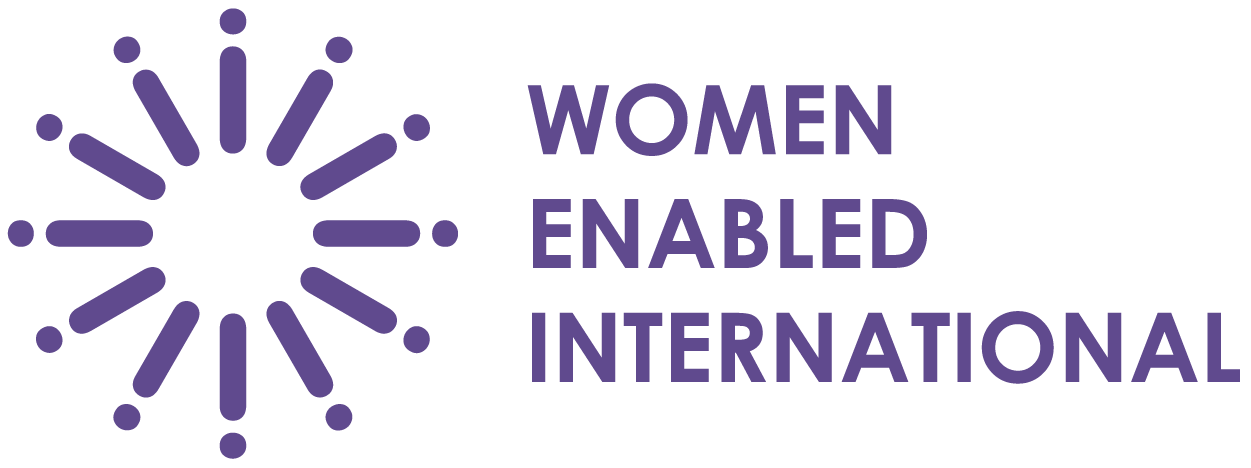From Global Coordination to Local Strategies: A Practical Approach to Prevent, Address and Document Domestic Violence under COVID-19 Briefing Paper
From Global Coordination to Local Strategies: A Practical Approach to Prevent, Address and Document Domestic Violence under COVID-19 Briefing Paper
April 21, 2020
By MADRE, Media Matters for Women, MenEngage Alliance, Nobel Women’s Initiative, OutRight Action International, Women Enabled International, and Women’s International League for Peace and Freedom (WILPF).
Before COVID-19, domestic violence was already a global emergency. One out of every three women in the world will experience physical or sexual violence in their lifetime, most at the hands of intimate partners. Nearly half of all women in the world have experienced psychological violence. Those who face gender violence as well as discrimination and persecution on the basis of race, disability, sexual orientation, gender identity, sex characteristics, age, ethnicity, economic status, caste, or class, are at further risk and often have access to far fewer resources.
The pandemic has exacerbated conditions that too often lead to violence. Stress and anxiety brought on by the outbreak can leave abusers feeling out of control, triggering violence that is rooted in a sense of entitlement and power. Measures to control the spread of coronavirus, while important for public health, can create more danger. Social distancing reinforces the isolation that abusers impose. Lockdown cuts off avenues of support and escape.
Because the current crisis demands an intersectional approach, rapidly deployed across the globe, a coalition of leading international organizations who work in collaboration with local organizations globally on intersecting issues, including women’s rights, disability justice, lesbian, gay, bisexual, transgender, intersex, queer, (LGBTIQ) rights and gender non-conforming persons, and men’s allyship, have come together and formed a coalition on this issue (in alphabetical order): MADRE, Media Matters for Women, MenEngage Alliance, Nobel Women’s Initiative, OutRight Action International, Women Enabled International, and Women’s International League for Peace and Freedom (WILPF). Together we have analyzed successful interventions to make key programmatic recommendations for grassroots organizations working on the frontlines of gender and the COVID-19 crisis; as well as policy recommendations for the international community. In the coming weeks we will release a toolkit that provides global strategies adaptable for local communities for effective grassroots responses, including social media content for violence prevention campaigns and tactics for addressing abuse in the current environment of physical distancing, isolation, lockdowns, and remote work of many organizations. Our hope is that organizations can adopt and tailor these responses to their own contexts. While not intended to be a stand-alone manual for stopping domestic violence, this briefing paper, its key recommendations, and the forthcoming toolkit are meant to spark action and serve as a practical initial guide. The toolkit will be translated from English into French, Spanish, Arabic, and Swahili and contain resources for three overarching strategies, described in detail below: preventing domestic violence; addressing domestic violence, and; documenting domestic violence in COVID-19 affected communities.
Downloads
PDF format downloads
DOC format downloads
PDF format downloads
- No files found
DOC format downloads
- No files found
PDF format downloads
- No files found
DOC format downloads
- No files found
PDF format downloads
- No files found
DOC format downloads
- No files found
PDF format downloads
DOC format downloads
PDF format downloads
- No files found
DOC format downloads
- No files found
PDF format downloads
- No files found
DOC format downloads
- No files found
PDF format downloads
- No files found
DOC format downloads
- No files found
